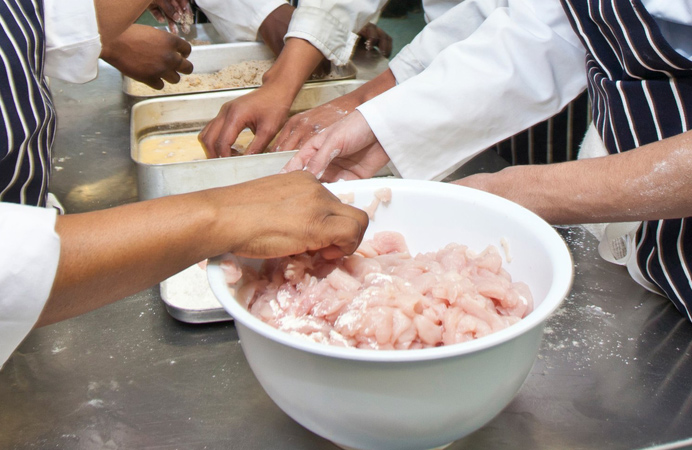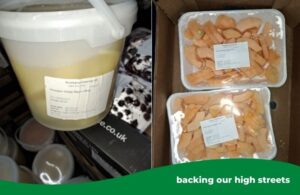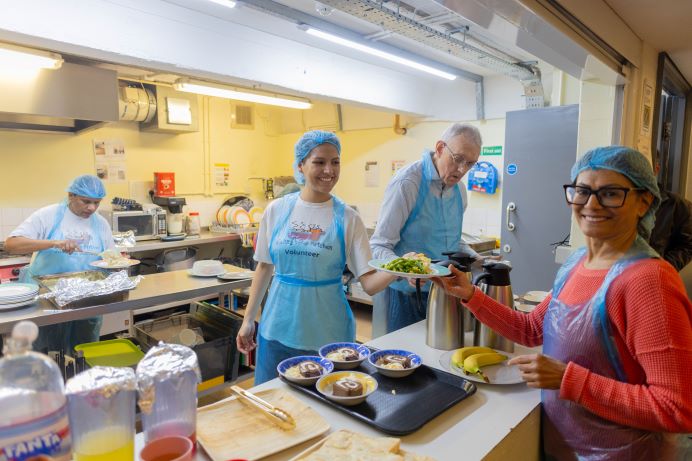In a first for London councils, Ealing is going to trial a new system of offering food hygiene education courses as an alternative to enforcement action – in an echo of the speed awareness courses sometimes offered by the police to drivers who have broken the speed limit.
Ealing Council’s food safety team recently launched the pilot scheme, with the University of West London (UWL), to see if it improves the number of businesses regularly complying with food safety regulations.
Food Safety REHAB (Raising Ealing’s Hygiene Across the Borough) is being offered to businesses with a history of non-compliance during routine food hygiene inspections. As with the national speeding course, the food businesses have to meet certain criteria before being offered the option of the course.
The borough’s average food business compliance rate of 82.6% is below both UK (94.75%) and London (89.47%) rates. This new pilot programme aims to increase the number of businesses complying.
It has been designed by the council’s food safety team and UWL lecturers. It includes a one-day theoretical and practical course at the university.
The course will be split into five different modules: Introduction to food safety; personal hygiene; food safety hazards and their control; good handling practices; and keeping the workplace clean and hygienic.
After businesses undertake the course, there will be a follow-up visit by the lecturers and then a re-rating inspection by the food safety team.
To be awarded the final food safety REHAB certificate, however, the business must achieve a hygiene rating of three or more out of five during the inspection.
Manish Gobin, lecturer at UWL, will be leading the training. He said: “The REHAB course is a step forward in working towards a healthier and safer borough. The university’s aim is to educate and train food handlers to work safely and produce safer food for their customers.
“The course is an interactive one where food handlers will be able to identify any malpractice that can be stopped in their daily professional life.”
Helen Statham, the council’s regulatory services operations manager, said: “We developed this programme because of the current food hygiene compliance rate of food businesses within the borough. Tacking this type of continued non-compliance is a key priority for the council in order to maintain a high level of consumer protection.
“The programme will increase the awareness of food hygiene requirements to food business operators, for businesses to demonstrate improvement in compliance and to sustain this compliance, to build a relationship between the food businesses and the council and to ultimately reduce the amount of inspections and enforcement taken by officers.”





